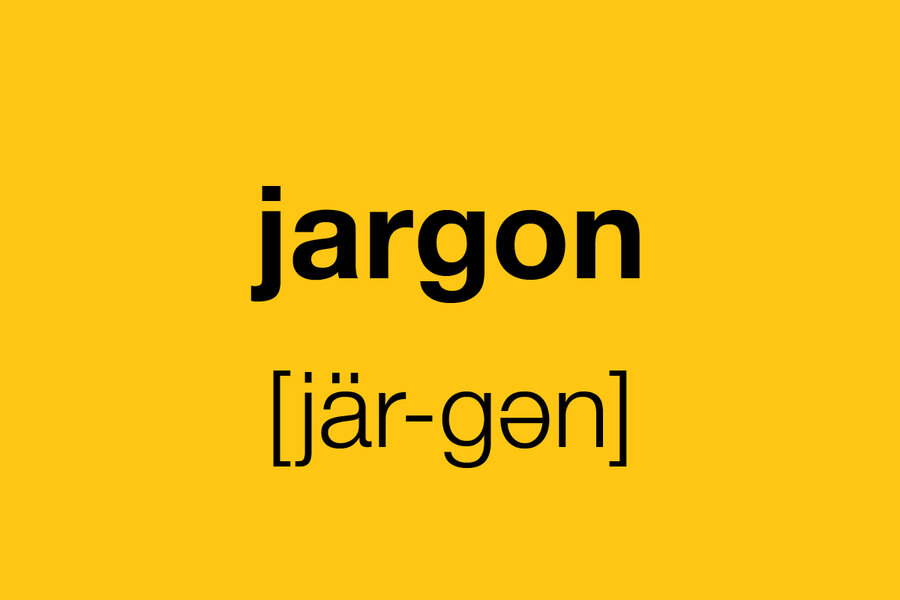Insiders use 'jargon' to confuse the rest of us
Loading...
In the previous week’s column, we talked about how intersectionality made its way from academia into politics, a transition that is an excellent illustration of the pitfalls of jargon. To most linguists, jargon is a neutral, factual term: “the technical terminology or characteristic idiom of a special activity or group,” according to Merriam-Webster.
Many disciplines require specialized vocabulary – physicists need to talk about “amperes” and “leptons”; typographers about “sans serif” and italic. A byproduct of using such specialized terms, however, is that they divide people into those who can deploy – or at least understand – them, and those who can’t.
Nobody likes to feel left out, and jargon’s necessarily exclusionary nature has probably contributed to its negative connotations in common use. People find jargon most objectionable, though, when it is overused or employed to obfuscate rather than make things clearer – when a consultant explains that “thought leadership led to growth hacking,” or an English professor goes on about “the poetics of the interstices” (examples mine). Jargon’s second sense, then, is “obscure and often pretentious language marked by circumlocutions and long words,” as Merriam-Webster puts it.
Etymologically, jargon is literally “nonsense.” Like gibberish, jabber, and babble – other words for unintelligible or senseless speech – it may have an onomatopoeic origin. According to the Online Etymology Dictionary, it developed in Old French and meant “the noise of birds.” When jargon appeared in English in the 14th century, it also referred to bird noises, as in “ravens ... made a great jargon.” By the 17th century, unintelligible birdsong was replaced by unintelligible human communication, and jargon became a contemptuous word for “meaningless talk or writing.”
Jargon also refers to simple hybrid languages that develop to enable communication among people without a common tongue. Chinook Jargon, or Chinuk Wawa, for example, arose in the Pacific Northwest as a mix of the Chinookan, Nootka, English, and French languages, facilitating trade among these groups. The Jargon, as its speakers called it, eventually developed into a stable creole language that was widely spoken until the early 20th century.
The most prevalent sense of jargon today, though, is the “obscure and pretentious” one – it is hard to escape its negative connotations. If we want to talk about sets of specialized vocabulary used appropriately by experts, then, it might be better to say “terms of art” or “industry terms,” though neither of these are as melodious as “jargon.”







